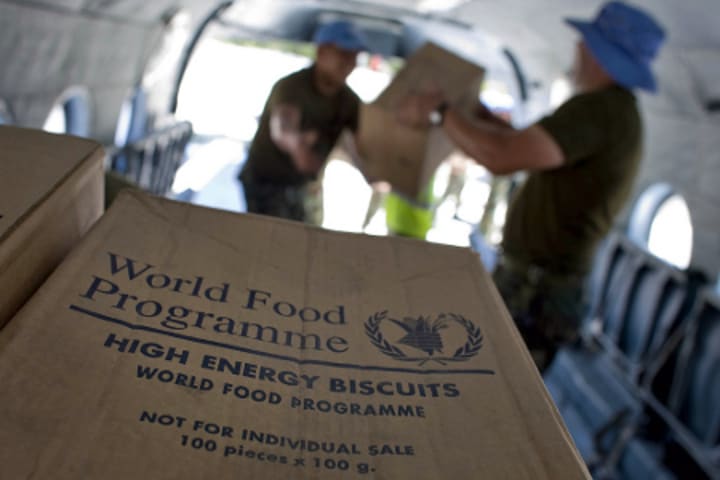
The World Food Program is hoping to get the go-ahead from G-20 finance and development ministers to implement a new scheme that is designed to respond quickly to food-related shocks.
WFP’s proposal on a regional emergency food reserve is part of an action plan that the ministers will consider at the end of September in Washington, Alertnet says. If approved, WFP will pilot the program in West Africa, which has been working on regional reserve plans and is expected to suffer recurring shocks from food price volatility.
Chris Moore, WFP’s director of hunger solutions strategy, explained the strategy to Alertnet: “When there is a supply shock, the emergency reserve could make food available very quickly and for a certain period of time so that [countries] can have ready access to that food. So we are looking at something that is small and targeted, and would be available to poor countries to use to assist their most vulnerable populations.”
The proposal, this early, has earned criticism. Soren Ambrose, ActionAid’s international policy manager in Nairobu, said opposition from some G-20 countries has resulted in a watered-down proposal. He also believed the plan would have made a big difference had it been in place earlier in famine-struck East Africa.
“If we had had effective coordination of (food) reserves… we probably wouldn’t be seeing the levels of malnutrition among (Kenyan) children we are now. It would have taken the edge off the crisis,” he said, as quoted by Alertnet.
Read more development aid news online, and subscribe to The Development Newswire to receive top international development headlines from the world’s leading donors, news sources and opinion leaders — emailed to you FREE every business day.




